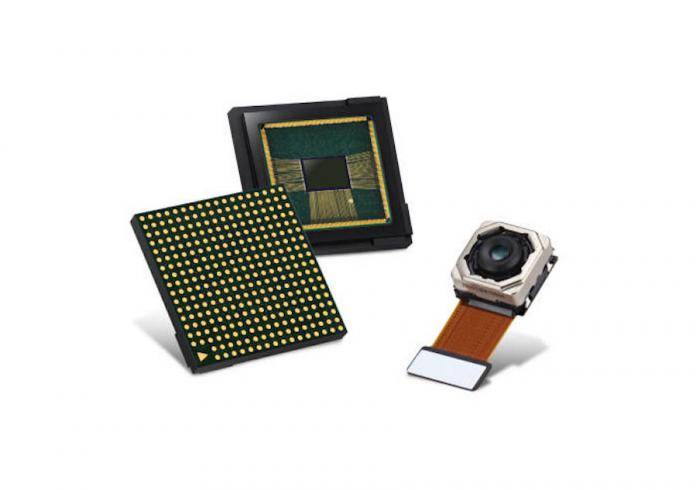
Since most flagship and even some mid-range smartphones now have dual cameras, the obvious next step for smartphones in terms of its cameras is to have not just two but three sensors. A report coming out of South Korea says that this will be the case for the next flagship device from Samsung and while the Plus version has been previously rumored to have that set up, it looks like both variants of the Galaxy S10 (tentative name) will be getting the triple treatment.
According to ETNews, the full set-up of the rear triple camera will be like this: 16MP regular sensor, 13MP sensor with a telephoto lens, and a 12MP snapper with a wide-angle lens. Originally, this was only supposed to happen with the Galaxy S10+ but now even the original variant will also have that rear camera specs. The new flagship is expected to be announced by March, but by that time, it might not be the first to have a triple camera.
That’s because there are also reports that the next iteration of the Galaxy A series, which we assume will be the Galaxy A9 (2019), will become the first. The A series is usually announced in January so this mid-ranger might beat the Galaxy S10 to the camera punch. But the sensors will be different as it will sport a 32MP, 8MP, and 5MP shooters. It will also be the first mid-ranger device to have a triple camera set-up, unless another OEM beats Samsung to it.
Analysts are predicting that by 2019, more than 10% of smartphones will have that three-cam setup, with Samsung, LG, and Huawei racing towards becoming the first. This means good news for manufacturers that produce sensors like Samsung, CamSys, MCNEX, etc.
As to what a three-cam set-up will bring to our lives, well since we’ll be getting a wide-angle lens in the mix, we can take bigger and wider photos without having to do a panorama shot. Let’s see what will become of this rumor in the next few months.
VIA: ETNews









